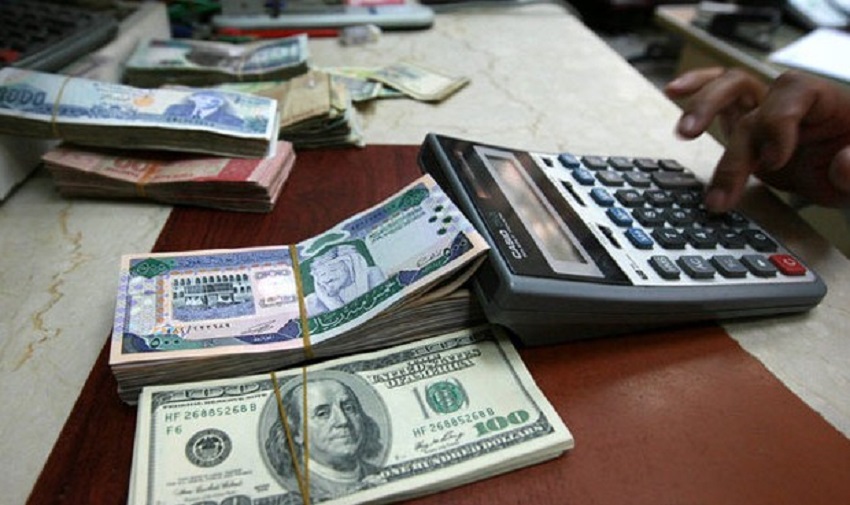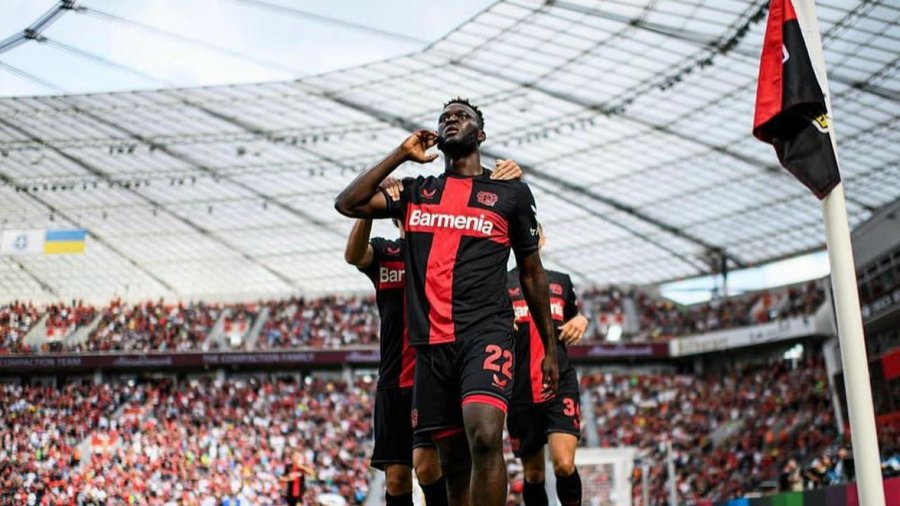Place your adverts here on InfoDig @ low rates; banner ads, sponsored links and guest articles etc. Contact us
The Nigerian National Petroleum Corporation (NNPC) has finally turned attention to Brass and Olokola Liquefied Natural Gas (LNG) projects, but years of inaction have come at a cost estimated at $30 billion.
Nigeria’s 209 trillion cubic feet (tcf) of proven natural gas is only 12 percent of Russia’s 1,680 tcf. The European energy giant hauls home over $400 million daily in gas sales to Europe.
Nigeria could have been earning close to that every week had it made its energy sector attractive for investments and restarted stalled LNG projects.
Since Russia invaded Ukraine in February 2022, European countries have been scrambling to wean themselves off its energy and looking for alternatives elsewhere. Being Africa’s biggest gas reserves, Nigeria could have been the highest beneficiary had projects started in the 1990s been completed.
Two important LNG projects, $9.8 billion Olokola LNG and $20 billion Brass LNG, initiated in 2005 and 2003, could have added more than 22 million tonnes per annum to Nigeria’s capacity.
They were expected to create thousands of new jobs, spur domestic gas demand, generate electricity, create an opportunity to diversify revenue of the Nigerian government, strengthen the country’s revenue base and turn the country into a dominant geopolitical player in Africa.
The two projects initiated by President Olusegun Obasanjo’s administration were also projected to help the country monetise part of its vast natural gas reserves and meet the growing worldwide demand for clean energy.
Read also: NNPC in talks with investors to revive Brass, Olokola LNG projects
However, none of the two LNG projects has progressed beyond the drawing board despite billions of dollars already expended on them. The projects have been stalled by lack of Final Investment Decision (FID) as well as delays caused by unnecessary bickering, lack of political will and, above all, emotional and primordial sentiments.
To change the narrative, NNPC at the 2024 Gas Technology Conference and Exhibition (Gastech) event, held recently in Houston, the United States, said it has begun discussions with investors to revive the Brass and Olokola LNG projects.
“In the past, gas prices went down, and the economics of the projects meant a high Capital Expenditure (CAPEX), which was a disincentive for investors and partners. Also, there was slow decision-making by the political class,” Umar Ajiya, chief financial officer, NNPC, said on the sidelines of the event.
The CFO said there are abundant gas resources in many parts of the world and, therefore, the earlier Nigeria makes smart decisions to bring partners to the table, the better.
The OK LNG project, which started in 2005, was stalled because all the international oil companies (IOCs) such as BG, Shell and Chevron withdrew from the project, with only the NNPC left.
The Brass LNG project, which was designed to produce 10 million metric tonnes per annum, was to be built by the NNPC, Total, ConocoPhillips and Eni Group. But ConocoPhillips withdrew from the project in 2013.
Olokola LNG, according to the state-owned oil company, is a greenfield LNG designed with two trains to produce about 12.6 million tonnes per annum (mtpa) of LNG, 1.25 mtpa of Liquefied Petroleum Gas (LPG) and 1.04 mtpa of condensate as by-products.
But the project, which was originally owned and whose Memorandum of Understanding (MoU) was signed as an integrated enterprise by the NNPC (46.75 percent), Chevron (19.5 percent), Shell (19.5 percent), and BG (14.25 percent) became stalled when all the IOCs (BG, Shell, and Chevron) withdrew from the project.
“Definitely, it would have been a profitable venture to Nigeria at the current state of global demand for LNG. But concerns by IOCs pertaining to the project economics and investment justification of the Olokola LNG project caused delays for final investment decision (FID), hence the abandonment of the scheme,” said Etulan Adu, an international energy analyst exposed to the Nigeria market.
Read also: Marketers yet to lift Dangote petrol from NNPC over price
“A similar situation occurred with the Brass LNG, resulting in the FID not being reached. These abandoned projects would have created more than 20,000 jobs locally during construction and thousands of jobs when operational.
“With high demand for global LNG, the inclusion of natural gas in Europe’s energy transition agenda and the cut from Russian gas, Nigeria would have been a significant beneficiary from the current energy crisis in Europe and other parts of the world.”
The Brass LNG project, also a greenfield project, is located in Brass Island, Bayelsa State. It was to be built by the NNPC, Total, ConocoPhillips, and Eni Group.
However, the project, designed to produce 7.7 MTPA of LNG utilising the APCI LNG Process technology, saw ConocoPhillips withdraw in 2013.
Due to the lack of will, the federal and state governments have failed to enable those projects despite the intention to become a haven or hub for LNG and petrochemicals, according to Jide Pratt, an oil and gas consultant.
“We, as a nation, are losing revenue daily from not moving those projects from mere projects to cash cows,” said Aisha Mohammed, an energy analyst at the Lagos-based Center for Development Studies.
“We have to bring in long-term investors on a public-private partnership model that is commercially viable/bankable, and we can start to earn as against project revenue.”
Dipo Oladehinde is a skilled energy analyst with experience across Nigeria's energy sector alongside relevant know-how about Nigeria’s macro economy. He provides a blend of market intelligence, financial analysis, industry insight, micro and macro-level analysis of a wide range of local and international issues as well as informed technical rudiments for policy-making and private directions.

 2 hours ago
37
2 hours ago
37















 English (US) ·
English (US) ·